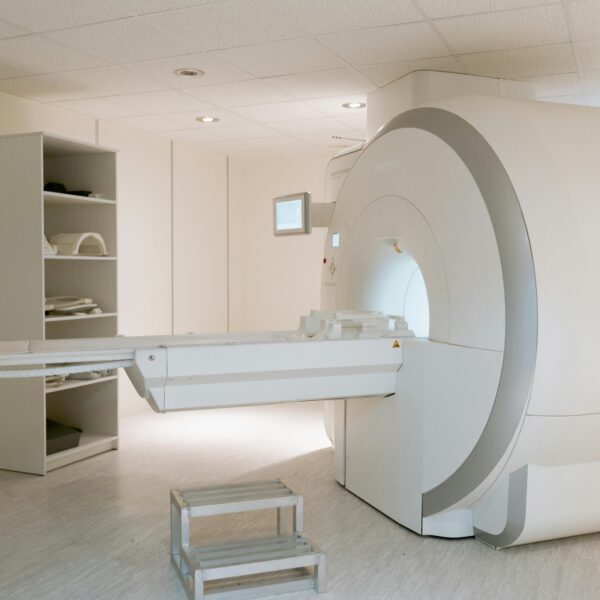As technology continues to advance at a rapid pace, it is no surprise to see it massively changing various sectors and industries. One of the sectors most influenced by recent technological advancements is the healthcare industry.
As we delve further into the technological era, new tools such as 5G, AI, and other programs are gradually making their way into healthcare practices. In this blog, we will explore the impact of these new technologies on hospitals and how they help healthcare professionals provide better treatments for their patients.
5g
The implementation of 5G networks means faster internet speeds and improved connectivity. For hospitals, this means the ability to store and grab patient data quickly, prioritize emergency cases, and even provide essential telemedicine services for patients in the comfort of their own homes. As a result, healthcare professionals can assess their patients’ health more precisely, thereby providing more personalized treatments. With 5G networks, the potential for virtual and augmented reality as diagnostic tools for patients becomes more feasible.
Artificial Intelligence
Artificial intelligence is another technology that has made a massive impact on the healthcare industry. Healthcare practitioners can use AI algorithms to create better diagnosis and treatment plans for patients. With AI’s power, doctors can process enormous amounts of data, such as medical histories, test results, and drug interactions, to create personalized treatment plans for their patients. In addition, AI-powered chatbots can help patients receive information about their treatments and pharmacies’ locations, making healthcare more accessible.
Medical Robots
The use of medical robots has been an emerging trend in the healthcare industry. These machines are designed to assist healthcare professionals in hazardous or challenging procedures, such as surgeries. These robots can also limit the risk of dangerous operations, such as those that take place in locations where the space to operate is limited or difficult to reach, meaning we can also avoid invasive surgeries. With medical robots, healthcare experts can spend less time on repetitive or technical procedures, enabling them to focus entirely on patient care. Additionally, robots streamline hospital processes, such as inventory management, patient handling, and data recording.
Blockchain
Another innovative technology that is gaining widespread application in the healthcare sector is blockchain. Blockchain enables healthcare professionals to store patient data securely and efficiently. It ensures that patient records are integrated and that everyone involved in a patients’ care has access to the same data. As a result, healthcare facilities can reduce the number of medical errors due to missing records or incomplete patient data.
These new technologies are becoming vital supplements to healthcare professionals, but nothing could ever replace talented and determined practitioners. If you are looking to fill a healthcare role but can not yet find the right candidate, then click here and connect with one of our specialized and dedicated recruiters. If you are a healthcare professional who is looking for a new job, then click here to see our open jobs or send us an updated resume here to connect with a recruiter today!











